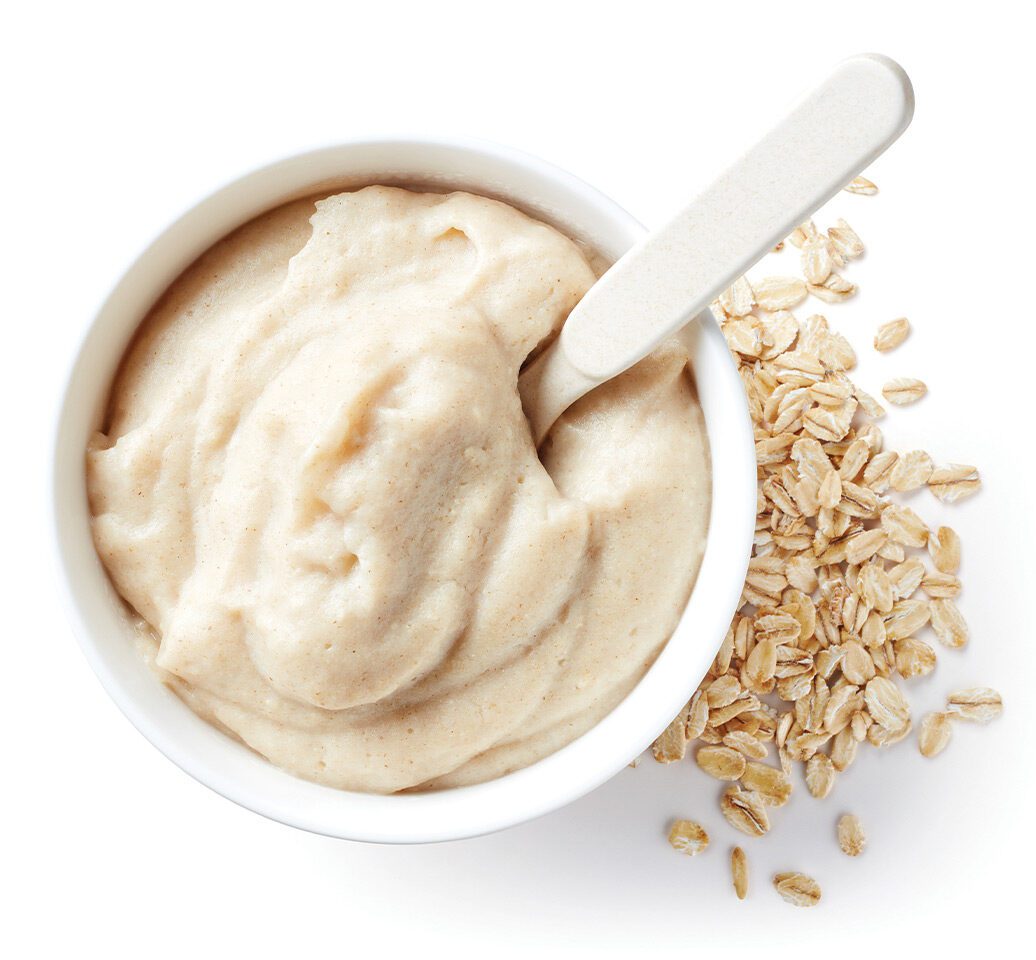Setting Guidelines for Screen Time
Screen time often gets a bad rap, but by managing your child’s screen time, you can help them form a healthy relationship with technology. According to the American Academy of Pediatrics, babies younger than 18 months of age should avoid screen time entirely unless video chatting with family or friends. For toddlers 18 to 24 months, some screen time may be introduced, but limited to educational programming with a parent or caregiver, and by ages 2 or 3, it’s recommended that kids be allowed up to one hour of screen time per day.


Here are a few tips as you form your own guidelines regarding screen time:
Be present when your little one is enjoying screen time. You may talk about what you’re viewing, answer questions, and point out things like good behavior.
Research television shows and games before allowing access. Familiarizing yourself with what your child is consuming will help you determine if it is age-appropriate.
Make non-screen time a priority. Playtime is absolutely essential to a child’s development, so be sure to schedule plenty of time for play as well as hobbies such as art, music, and sports.
Shut down the screens at least one hour before bedtime. Additionally, keep screens out of your child’s bedroom to ensure they get a good night’s rest.
Best First Solid Foods for Baby
The introduction of solid foods is such an exciting time in your child’s development. While your little one will still be getting the bulk of their nutrition from breast milk or formula, you can start to offer solid food once baby nears six months of age and:
- Can sit with minimal support
- Can hold their head steady and upright for the length of a meal
- Can pick up food and bring it toward the mouth
- Appears interested in food



As for which food should be your baby’s first, you have plenty of nutritious options. Many parents like to start with foods that are easily mashed, such as banana, sweet potatoes, avocado, or squash. Around six months of age, your baby’s iron needs increase, so foods like well-cooked meat, mashed beans, and fortified infant cereals can be excellent first foods that help them meet their needs. You can also start to introduce common allergens right away, including eggs, nut butters, and fish; serving these foods early and often may help reduce your child’s risk of developing a food allergy.
In addition to these considerations, you should think about the foods that you and your family love, as these will be the foods that baby will likely grow up eating. And, most importantly, have fun!

